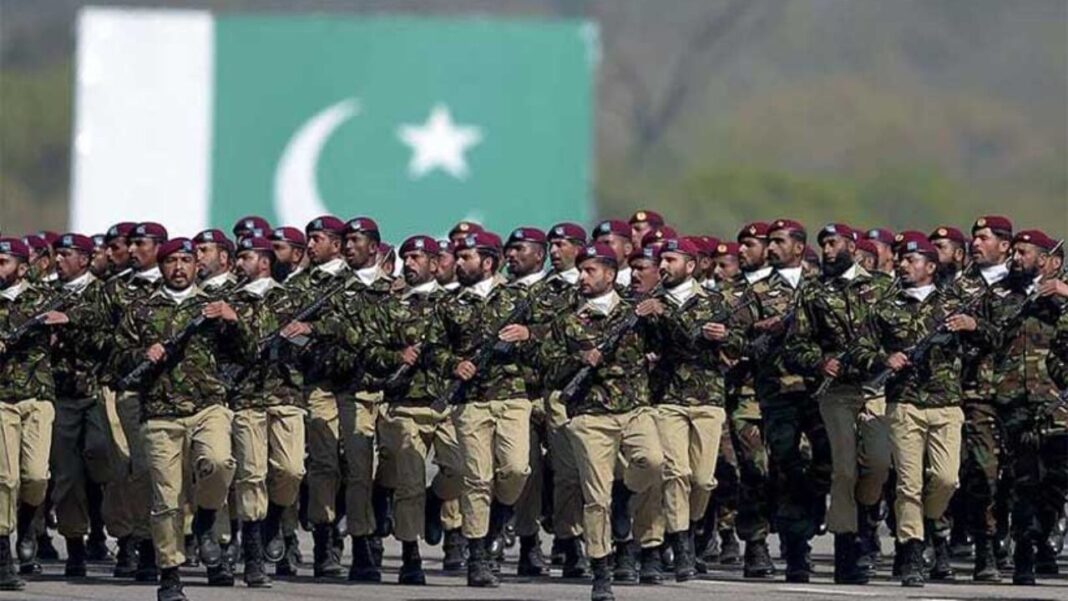Pakistan used Madrasas to revive terrorism in India. At the moment, over forty-thousand Madrasas churn out terrorists on a yearly basis and none among the country’s experts are holding their breath for this to end as this is seen as a help in sustaining the military’s strategic depth in Kashmir and Afghanistan.
A recent statement of Pakistan Prime Minister Shehbaz Sharif also signalled that the military runs the country’s Kashmir policy and change in the government will not improve its relationship with India, Baltimore Post-Examiner reported.
“We want good ties with India but durable peace is not possible until the Kashmir dispute is resolved,” Pakistan PM said.
This statement is also seen as a mantra which could help him to create a good impression in front of the military generals for smooth sailing.
Kashmir issue has been the oldest issue between India and Pakistan and it all started when the ruler of Kashmir and their people sided with India when the princely states were being divided between two countries after the independence.
In order to capture Kashmir, Pakistan attacked Kashmir on October 22, 1947, and illegally occupied the northern and western parts of the state.
Pakistani rulers were reluctant to play by book as the country, being an agro-based country, was dependent on the rivers of Kashmir for two-thirds of water flowing into its western provinces, reported Baltimore Post-Examiner.
When India received the letter of accession from the ruler of Kashmir, Prime Minister Jawaharlal Nehru took the case to the UN Security Council and asked Pakistan to respect the constitutional process governing the partition of India and withdraw troops from the occupied areas.
After deliberation, the UN Security Council formed a commission which gave Pakistan the deadline to withdraw from Gilgit (PoK) and their so-called Azad-Kashmir (PoK) to ascertain the wishes of Kashmiris regarding state’s accession with India but Pakistan, despite all pressure still illegally controlled the region.
In 1956, the British government upgraded Pakistan’s status from a dominion to a sovereign nation, which brought great political and economic opportunities for its citizens. However, this promotion also allowed Pakistani rulers to instigate illegal religious and racial demographic changes in Gilgit and solidify military control over parts of Kashmir bordering China and Afghanistan, as reported by the Baltimore Post-Examiner.
Not only Pakistan but its lone ally, China also wanted the Kashmir impasse to continue on a low simmer which will keep India busy on its western border and also distract the country from paying attention to the immoral and illegal actions of the Communist Party in occupied Tibet and Xinjiang.
However, India on other hand said that they wanted a normal relationship with Pakistan.
According to the Ministry of External Affairs’ annual report 2021-2022, “India seeks normal relations with all its neighbours including Pakistan. Our consistent position is that bilateral issues should be addressed peacefully in an environment free from terror, hostility and violence.”
The onus is on Pakistan as it continues to sponsor cross border terrorism against India; restrict normal trade, connectivity and people-to-people exchanges; and engage in hostile and fabricated propaganda to vilify India, according to an MEA report

